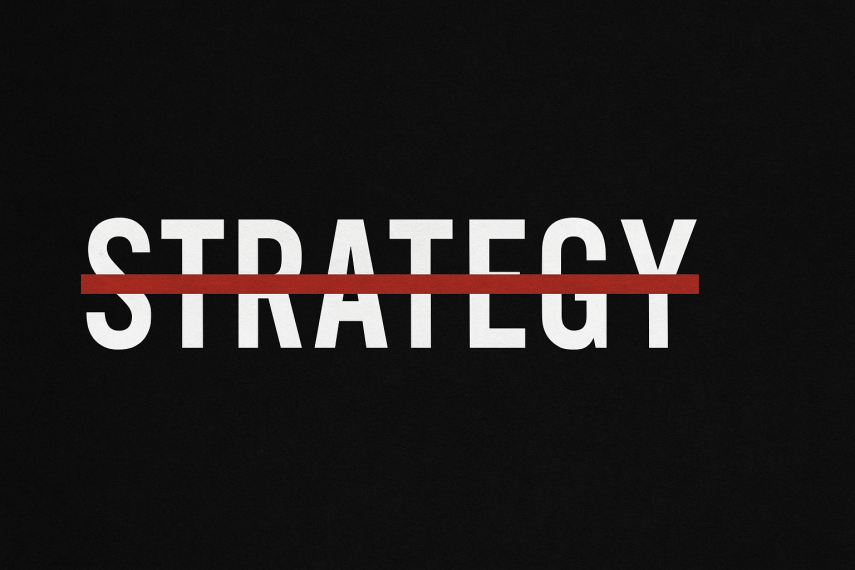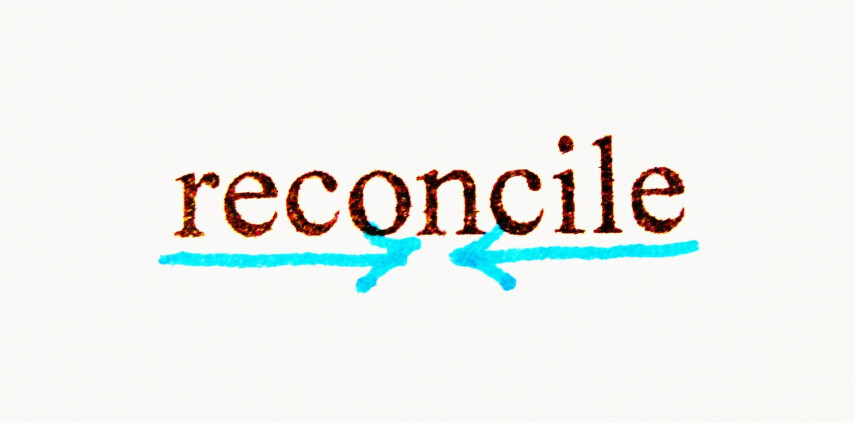Strategies We Use to Cope With Guilt (That Don't Work)

Everyone feels it…
That sinking weight in your gut after you mess up again—the thing you promised God (and yourself) you wouldn’t do anymore. Maybe it’s anger - or dishonesty - or some secret sin that has burrowed deeper than anyone knows. What comes next is just as important as what happened: how you respond to your guilt. Do you turn to Jesus, or do you try to bring your own remedy?
Unfortunately, we tend to reach for all the wrong tools.
Here are six strategies many of us use to manage guilt or shame—and why they leave us feeling more stuck, not less. These aren’t just emotional responses. They’re spiritual dead-ends. And in each case, Jesus invites us to a better way.
Accommodation: “It’s not that bad.”
We redefine sin. We compare ourselves to people who seem worse. We highlight our good intentions. We say things like, “God knows my heart.” But that’s the point—He actually does. And it’s not flattering (Jer. 17:9).
- Diagnostic: Do you find yourself minimizing sin by calling it “just a struggle” or “not that serious”?
- Truth: God’s grace doesn’t downplay sin. It looks square in the face and covers it in full.
Self-Salvation: “I’ll make up for it.”
We double down on spiritual effort. More Bible reading. More volunteering. We try to “pay back” grace with good behavior. But when you try to earn forgiveness, you’ve stopped trusting in the cross.
- Diagnostic: Do you feel like you need to prove yourself to God after messing up?
- Truth: The gospel isn’t a loan to repay. It's a gift to receive.
Distraction: “I’ll stay busy so I don’t have to feel this.”
We numb ourselves. Work harder. Scroll longer. Turn up the volume of everything so we don’t have to hear the still, small voice. But distraction isn’t the same as peace. It’s just noise with better marketing.
- Diagnostic: Do you avoid stillness because it reminds you of what’s unsettled in your soul?
- Truth: Silence with God may be uncomfortable, but it's the beginning of real healing.
Blame-Shifting: “It’s not my fault.”
We blame our upbringing. Our spouse. Our stress. Our exhaustion. We say things like, “Anyone in my position would’ve done the same.” But confession doesn’t start with explaining our sin—it starts with owning it.
- Diagnostic: Do you instinctively find external reasons for your spiritual disconnection?
- Truth: God doesn't forgive excuses. He forgives sinners who come honestly.
Emotionalism: “At least I feel bad.”
We confuse sorrow with repentance. We feel guilty, cry, maybe journal, and assume that’s enough. But unless sorrow leads to change, it’s just spiritual self-flagellation.
- Diagnostic: Do you assume that feeling awful about sin equals being right with God?
- Truth: You don’t need to punish yourself emotionally. Jesus already took the punishment fully
Grace Abuse: “God forgives me—so it doesn’t really matter.”
This one may be the most dangerous. We take the most beautiful truth in the world—that God forgives—and weaponize it against holiness. We use grace as a license to stay the same. But true grace trains us to change (Titus 2:11–12).
- Diagnostic: Have you lost your urgency to fight sin because of how freely God forgives?
- Truth: Grace doesn’t partner with sin. It leads us out of it.
So What’s the Way Forward?
Instead of managing guilt, Jesus invites us to kill sin. To call it what it is. To bring it into the light. To carry it—not to our to-do list, or our tears—but to the cross - where we die…and where we live again.
Because true repentance doesn’t just fix our behavior. It restores our wholeness.
“The reason the Son of God appeared was to destroy the works of the devil.” — 1 John 3:8
“Behold, the Lamb of God, who takes away the sin of the world!” — John 1:29

